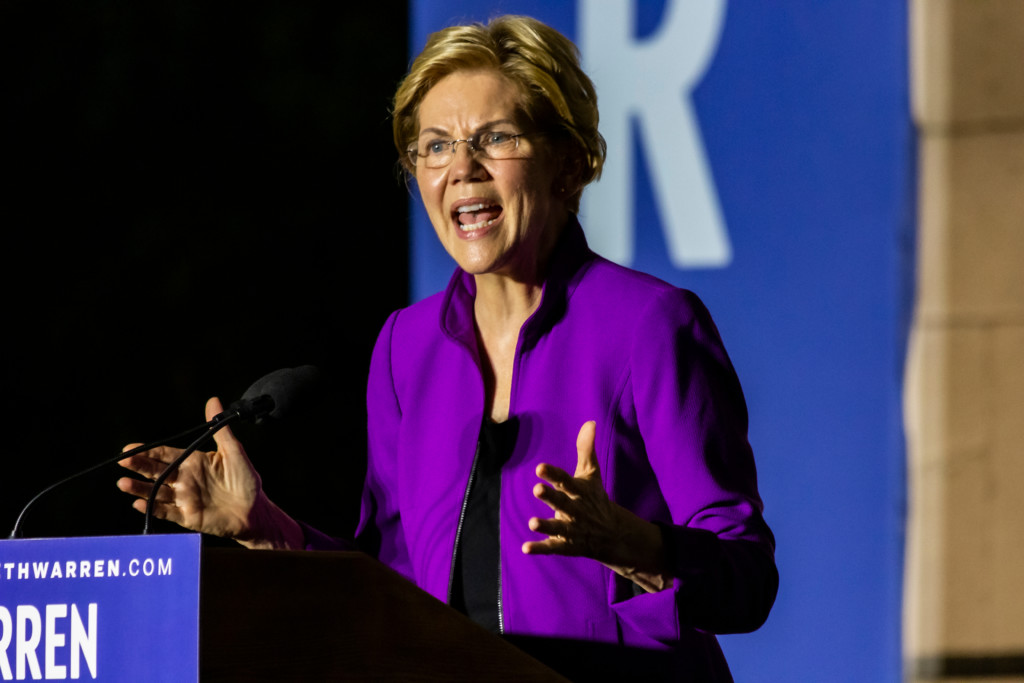Tag: Howard Fuller

Howard Fuller went down to Georgia looking for a party’s soul to heal
A recent protest of Elizabeth Warren’s education plan staged by a group of charter school parents at an event in Atlanta – which happened to include civil rights activist and education reform advocate Dr. Howard Fuller – resulted in a conversation between the senator and the parents that caused quite... READ MOREWishing for more strange bedfellows in educational choice
Editor’s Note: This is the tenth and final of a series...
READ MOREBetsy DeVos & black empowerment
When it comes to school choice, black parents have more...
READ MOREFuller: School choice advocates need to care about all kids
When Howard Fuller hears criticisms of fellow school choice advocate...
READ MORECharter schools are like Snoop Dogg, and other reflections from #NCSC16
When he first came on the scene, he was in...
READ MOREPrivate schools, choice, and racial exclusion
The population of students attending private schools has gotten whiter...
READ MOREBig changes coming at BAEO
The country’s leading black-led education reform organization could be in for...
READ MORESchool choice and political power: Howard Fuller, podcastED
Note: This is the third in a series of podcast...
READ MOREHoward Fuller: More diversity needed for ed reform to be sustainable
by Ron Matus and Travis Pillow While some ed reform...
READ MOREHoward Fuller: Parental choice fight in Florida is national issue
If its import wasn’t apparent already, parental choice leader Howard...
READ MOREWhat drives a parental choice warrior
In 1998, at a luncheon in Chicago, former superintendent, activist...
READ MORE

